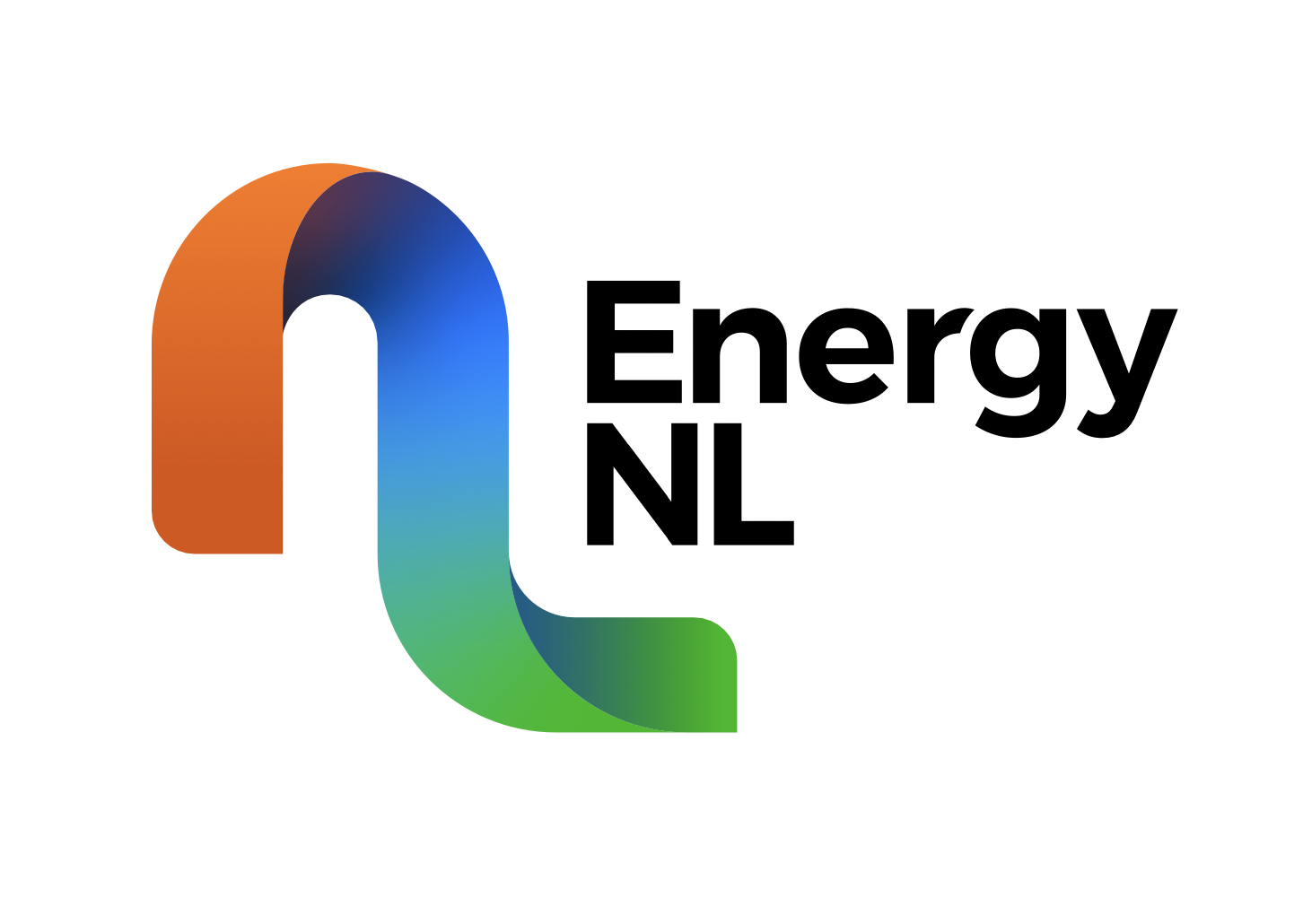‘We need to make sure that the world understands the product that we have,’ says premier
As global leaders and policymakers discuss the climate change crisis at the COP26 conference in Scotland, Newfoundland and Labrador Premier Andrew Furey is there taking in the messages, and sharing one of his own.
“The world needs petroleum products right now,” Furey said in an interview Tuesday from Glasgow.
“And we have some of the best in the world, some of the cleanest in the world. And we need to make sure that the world understands the product that we have.”
Furey is part of Canada’s delegation to the United Nations summit meant to plot out the urgent actions required to curb carbon emissions and combat a rapidly warming world. At the conference Monday, Prime Minister Justin Trudeau pledged a hard cap was coming on Canadian oil and gas emissions.
Furey said it’s important for Newfoundland and Labrador to take part in the global discussions.
“If we’re not part of the conversation, then we’re going to receive a prescription,” Furey told CBC Radio’s St. John’s Morning Show.
Joining the conversation, to Furey, means speaking to what he sees as positive aspects to Newfoundland and Labrador’s offshore oil industry, such as its lower carbon footprint to produce relative to other types of oil.
“I think it’s appropriately positioned during this time of transition to be the product that the world needs,” he said.
In a province beset by economic woes, oil has remained a financial lifeline. The sector’s revenue makes up 20 per cent of Newfoundland and Labrador’s GDP, said Furey. That value needs to be seized upon while the world still wants it, he said.
“We need, as Newfoundlanders and Labradorians, to exercise that value while it’s still valuable and understand that it’s not going to be valuable forever.”
A report released in September said 60 per cent of the world’s oil and gas reserves need to to be left untouched to meet climate goals set out in 2015.
Furey said his government is working toward a greener future, with a net-zero goal of 2050 and a committee coming to help determine ways to meet that goal. One thing working in the province’s favour, he said, is an abundance of green energy in addition to oil and gas.
COP26 hopefully shows some “best practices” toward fighting climate change that can be of use at home, he said. “Hopefully we get some good learnings from that, to be able to use [in] our jurisdiction at home to implement measures that are required in order to maintain the targets that are set,” he said.
A hydroelectric warning in Scotland
One Labradorian, herself headed to Glasgow, wants Canada and the world to exercise caution over choosing hydroelectric dams as a green energy source.
“What we want to bring to the COP is that, you know, we need to be having some serious conversations about the global impacts of so many dams,” said Roberta Benefiel, an activist and director of Grand Riverkeeper Labrador.
Her non-profit is joining forces with other organizations from around the world to take part in the People’s Summit for Climate Justice, happening alongside COP from Nov. 7-9.
While Grand Riverkeeper Labrador has focused on opposing the Muskrat Falls megaproject, Benefiel said hydroelectric dams overall come at a cost, from environmental damage to effects on Indigenous people’s traditional ways of life.
She’s also concerned about the greenhouse gases — including methane, a far more potent source of emissions than carbon dioxide — stemming from such projects that she said are discounted by governments.
“This is being touted by the hydro industry as the answer to global climate change. And it’s a false solution. It is not the answer,” she said.
Source: CBC | This text was excerpted from the media outlet cited on November 2, 2021 and is provided to Noia members for information purposes only. Any opinion expressed therein is neither attributable to nor endorsed by Noia.





